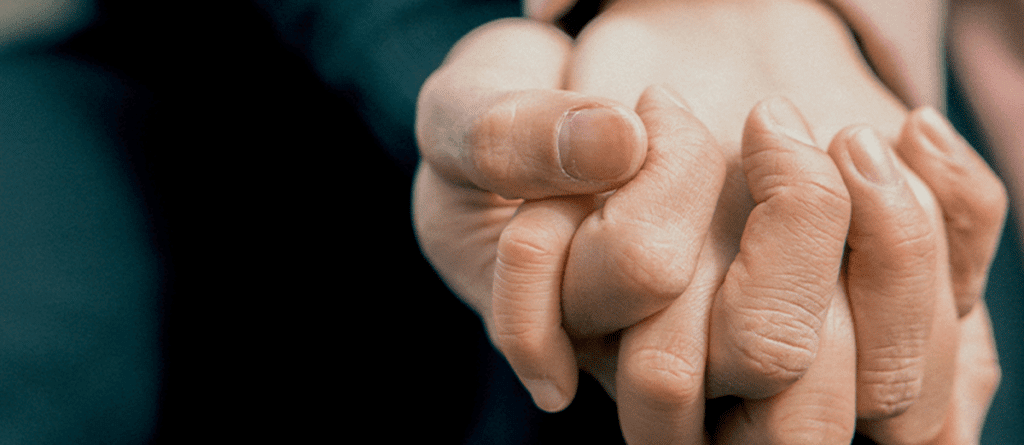
Aftercare refers to the phase of treatment that follows discharge, when the client no longer requires the intensity of primary treatment. At Northbound Treatment Services, our professionally-designed discharge plan helps clients continue to reorient their behavior to the ongoing reality of a sober lifestyle. Our aftercare monitoring program is designed to allow clients to increase their independence or review their progress in overcoming drug addiction. Aftercare treatment gives clients the flexibility and support to determine whether they’re ready to move forward in sobriety or whether they may need to return to a higher level of care.
Our addiction recovery monitoring in Orange County can:
Hold the monitored participant accountable for their own actions
Help them develop responsibility for their sobriety
Provide assurance to family members, employers or others involved
Provide involved participants with a higher success rate in achieving long term sobriety
One of the most critical points in the aftercare phase is discharge planning. Because we look to ensure our clients’ continued success and sobriety, the recovery process does not end with the completion of our program. Addiction recovery support in Orange County (even after treatment) is the key to a lasting change. After all, treatment is just the beginning of a lifelong process of growth and recovery that should touch every area of life that has been affected by drug addiction and alcoholism. Our discharge planning recognizes that extended care is often necessary for the kind of lifelong recovery our clients are seeking.
The Different Types of Drug Rehab Aftercare
The most common type of aftercare program is seen in the 12-step meetings that our former clients attend on a daily or weekly basis. At Northbound’s central offices, the individuals who remain in the Newport Beach area often attend meetings with the same professionals they first met in treatment. Clients are not required to complete their aftercare program at our main facility—after all, these meetings may occur anywhere in the world. The purpose is to provide the recovering addict with a support structure and executable tasks that must be achieved on a regular basis. The regular tasks help rebuild the sense of responsibility that the client may have lost during his or her addiction.
Another form of aftercare treatment is the work exchange program. Work exchange gives the client the opportunity to work in the treatment facility after he or she has completed the sobriety program. During this time, the client studies to become a full-fledged counselor and interacts with and offers support to new patients.
For those who require a gentler transition back into the world, the sober living house offers yet another aftercare option. This program helps those who prefer a group setting and make the most progress while receiving the support of their peers. Studies have shown that peer mentors and a 24-hour point of contact are also highly valued by clients, even if the latter is rarely used.
Relapse: Failure or an Opportunity for a Stronger Recovery?
At Northbound Treatment Services, we recognize that relapse can be a useful tool in a client’s recovery process. We do everything we can to prevent relapse, but when it does occur, we quickly use the experience to help redirect the client and put him or her back on the road to recovery.
After a relapse, the client is steered toward:
- Periodic outpatient meetings
- Relapse and recovery groups
- 12-Step and self-help groups
Recovery programs focusing on relapse make use of powerful experiences that can help keep a client strong and mindful of the reasons they quit drugs or alcohol in the first place. They also work to crystallize the feelings of not wanting to fall back on old habits. All parts of the aftercare program require the client to practice the skills which were acquired during treatment in order to maintain sobriety and begin to rebuild every area of his or her life.
Aftercare Programs Are Proven To Be Effective
In order to create a network of support that will lead to long term sobriety, Northbound connects every graduating client with appropriate therapeutic resources. Research has shown conclusively that individuals who choose to continue with counseling after rehab are more likely to maintain their sobriety. Talking to a counselor, or any supportive person, helps clients engage with others and avoid the feelings of loneliness and solitude that can trigger relapse. Our clients also have the option to take classes or find jobs in order to keep busy and avoid temptation. In addition, aftercare rehabilitation within the family is also a crucial part of the process, and Northbound remains an advocate for families by directing them to helpful resources.
Aftercare monitoring
With all of our aftercare monitoring programs, participation on a regular basis is necessary for success. Missing meetings and generally being disengaged defeats the entire purpose of the program. Aftercare provides support for our clients in the struggle against relapse, and regular attendance in an aftercare program can give the client a profound sense of accomplishment.
Northbound Treatment Services delivers effective aftercare programs to ensure that the individual who gets off drugs and alcohol stays off drugs and alcohol — and continues to build a positive, healthy lifestyle.
We’re here to help you. If you’re ready to learn more about all the options Northbound offers, please contact us.





